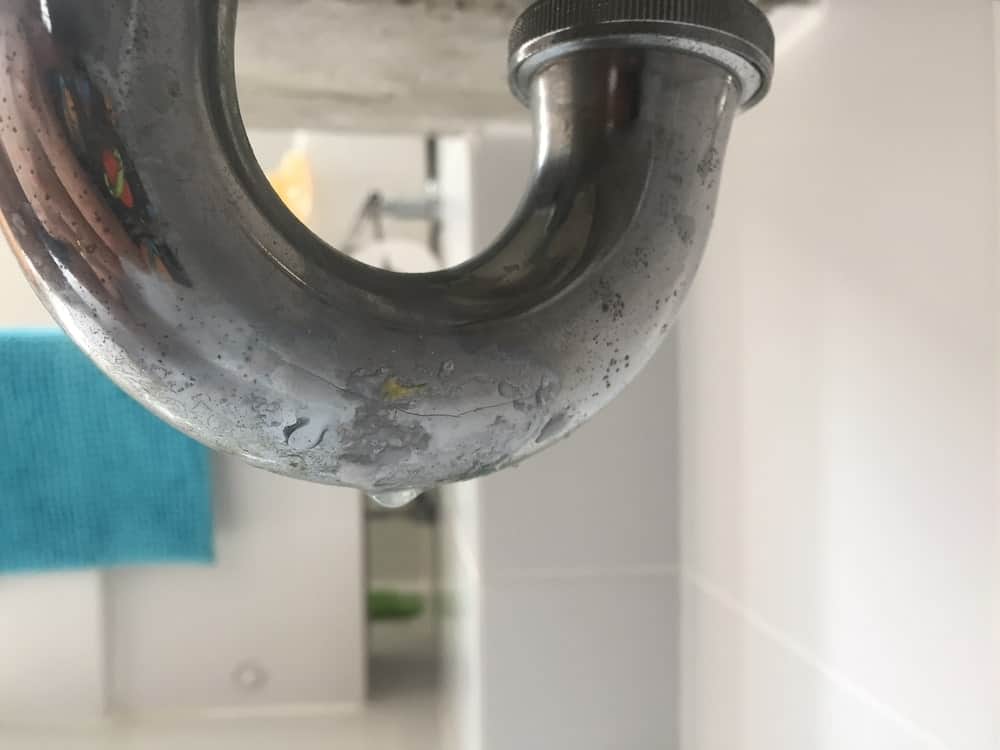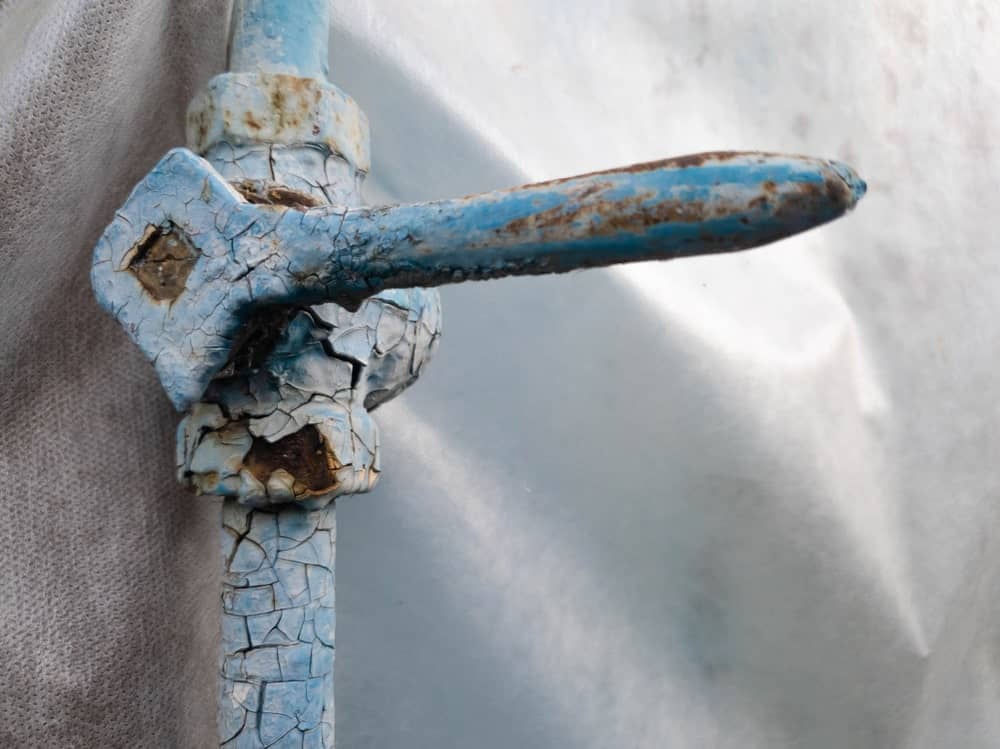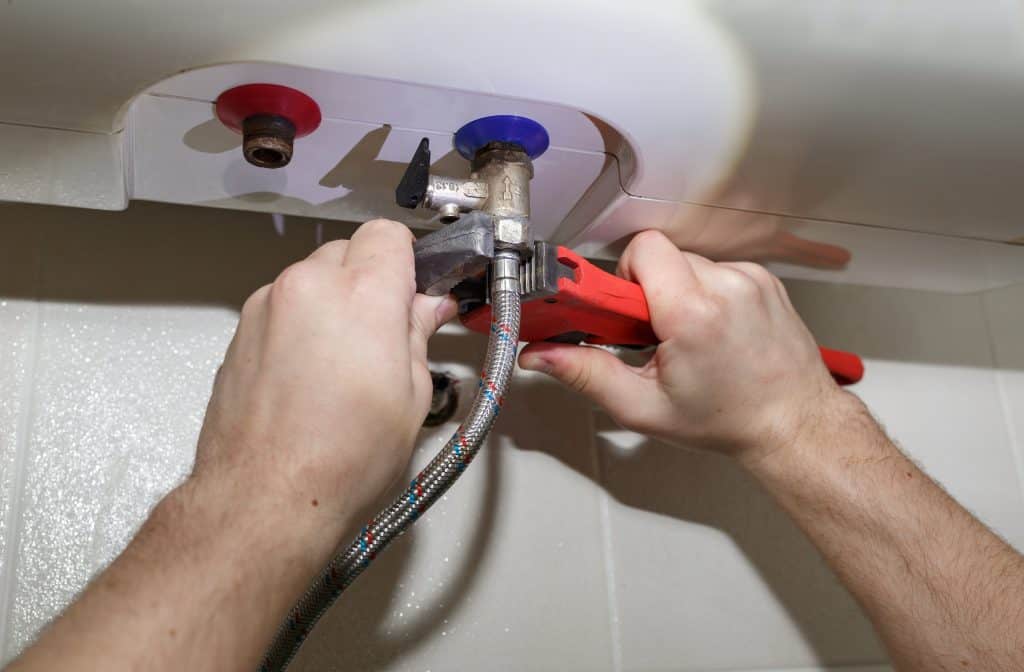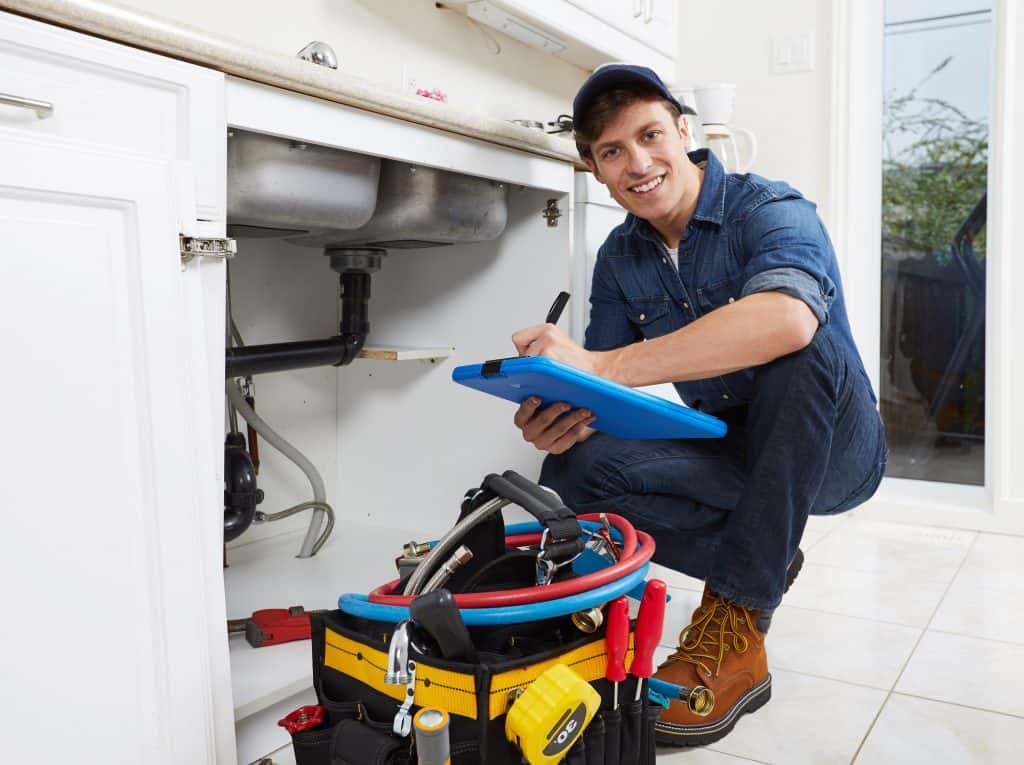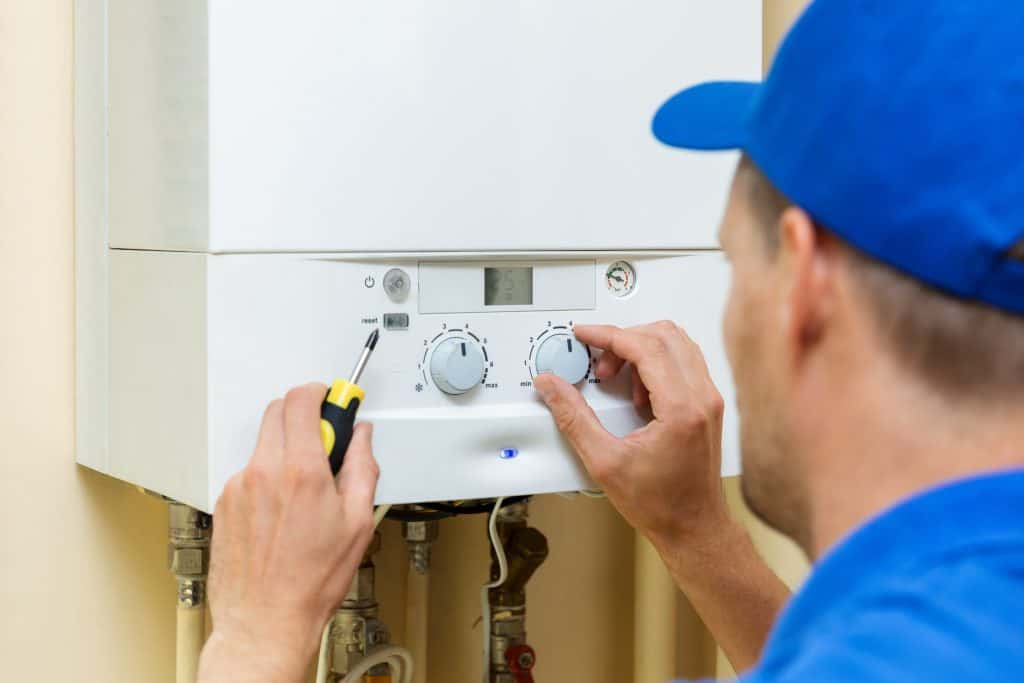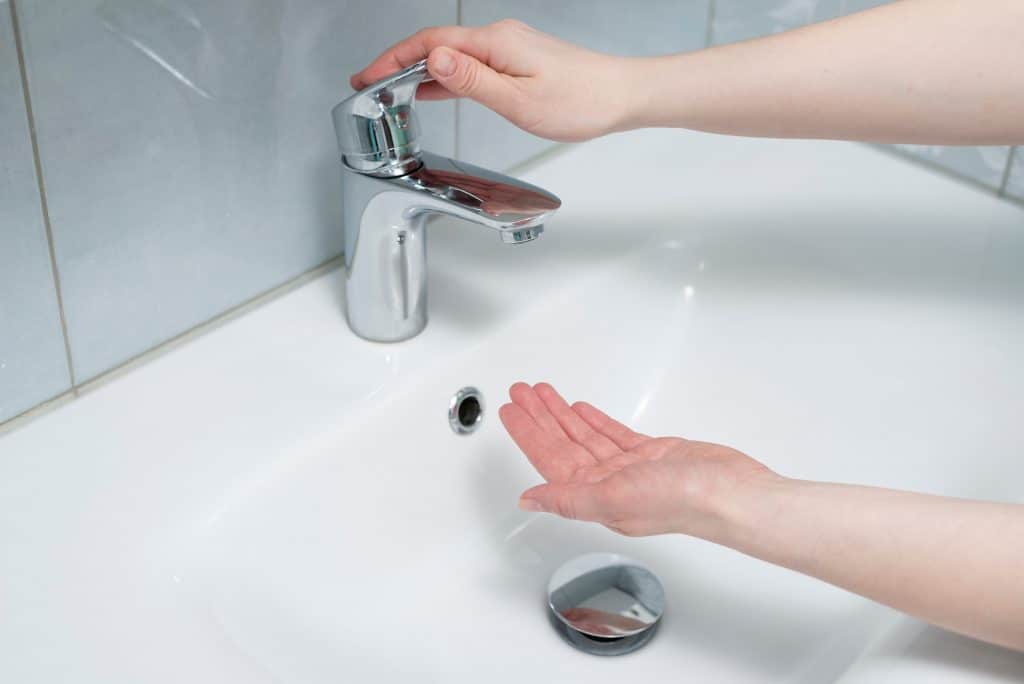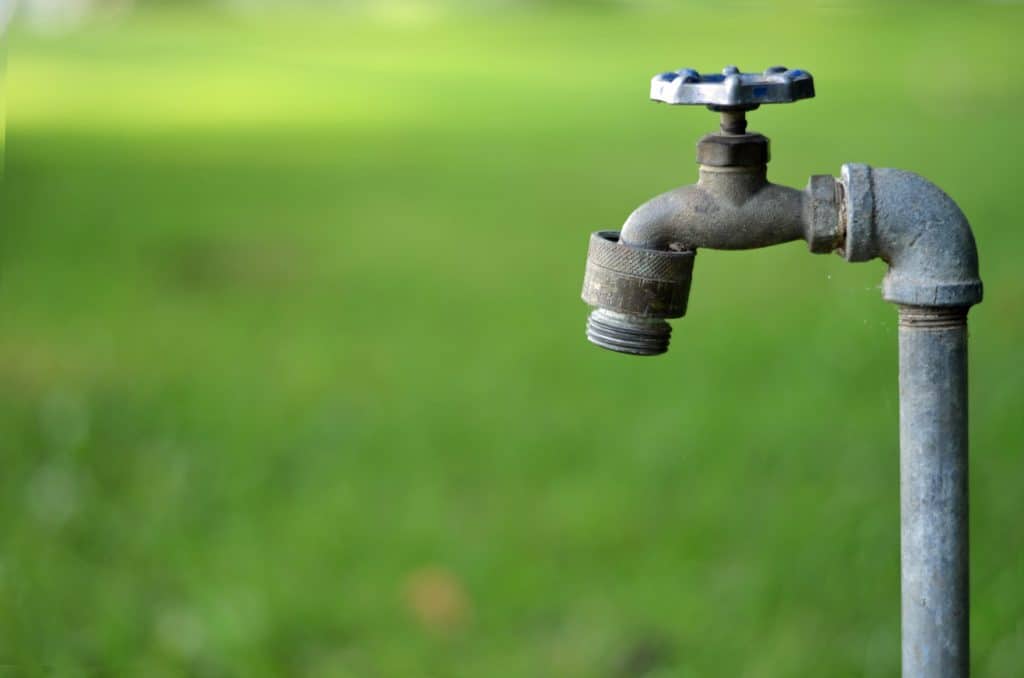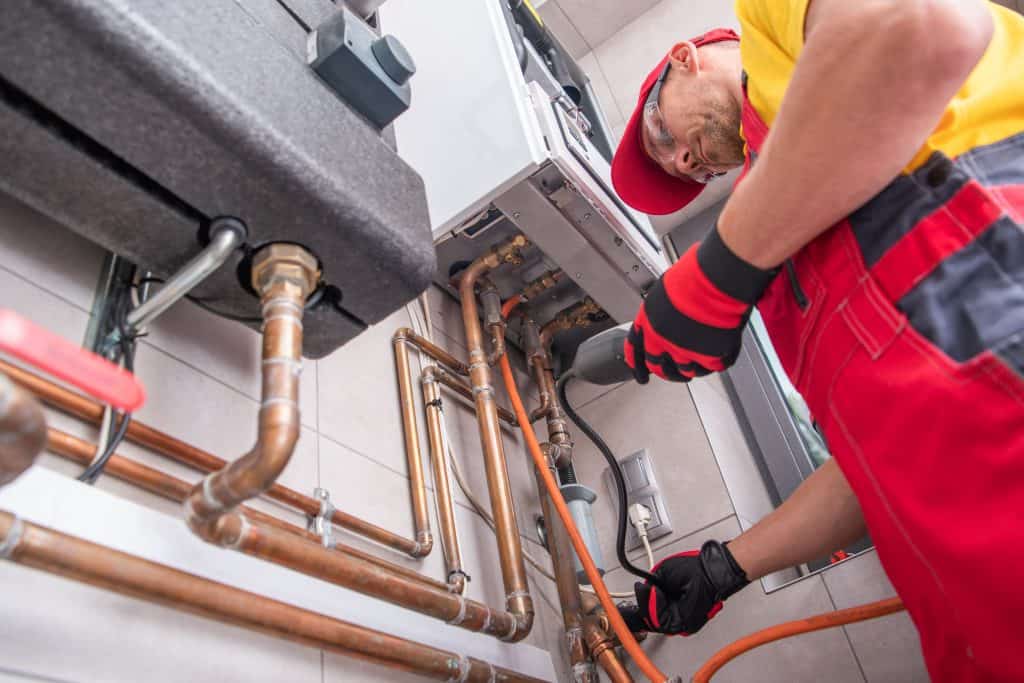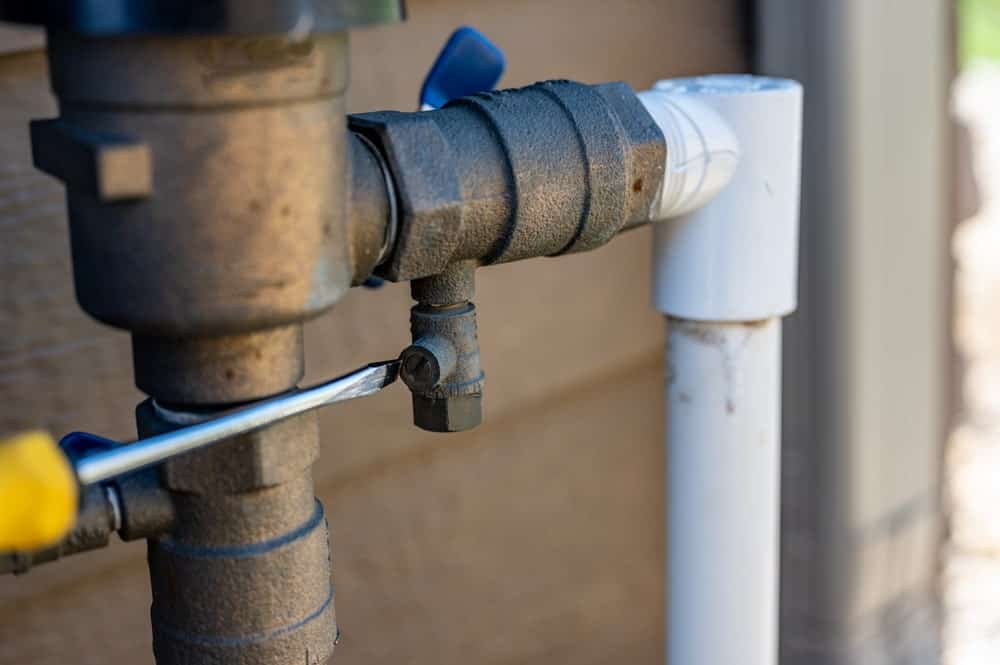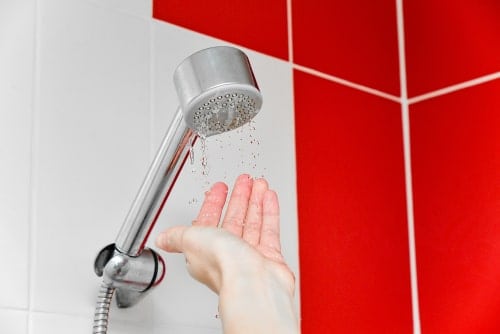October 30, 2021 in Blogs
Water Leaks at Home: What To Do
If you are a homeowner, at some point, you’re likely to experience plumbing issues. A toilet could back up and overflow, or your taps could start dripping. Not all homes have the same plumbing systems making it even harder to pin down what is causing a problem. You might be surprised to know many leaks go undetected because they occur in places that are out of sight. Unless you inspect your water bill regularly or have a professional inspect your home for water leaks, you could be wasting hundreds of dollars a year. Even the smallest pinhole leak in a pipe can destroy an entire wall, which is why it’s important to keep on top of your plumbing maintenance.
So what do you do when there is a leak you can’t see? That’s where we come in. At JCS Plumbing, our plumbers are leak-detection experts.
Read on to learn more about how plumbers detect leaks in your home.
How can you tell you have a water leak?
If a pipe has burst and water is dripping through the walls, you know something is wrong. But if you have a slow leak, it can be harder to spot. Here are some of the signs indicating you have a water leak:
- Stains on floors, ceiling, and walls
- Wet spots beneath leaks from the ceiling
- Visible mould and mildew on walls backing onto showers and baths
- Strange, musty smells (an indicator of mould or mildew)
- An increase in your water bill (in usage and cost)
- Very slight sounds of water running when no one is using water.
What causes water leaks?
Water leaks can be caused by many different issues, here are the most common:
- Overall wear and tear of pipes over time
- Overgrown tree roots breaking or compromising underground water pipes
- Animals burrowing or digging into pipes
- Weather fluctuations
- Malfunctioning of pipelines
- Bursting of water pipes
Confirming you have a leak
If you notice visible water damage in your home, don’t wait; just give us a call. If you can smell something funny, see an increase in your water bills, or think there’s a leak, further tests may be necessary.
Start by running this test
Check the water meter. It should have a leak indicator, which typically looks like a small wheel, or triangle. The leak indicator identifies small amounts of water moving through the pipes of your home. If you’ve successfully turned off everything else using water and yours is still moving, you have a plumbing leak. It’s time to call JCS Plumbers.
Other indoor leaks
There are other sources of water damage in your home:
- Baths and showers: this can happen when waterproof caulking or grout wears thin or cracks, allowing water to get between floor tiles.
- Appliances: if the water damage is around your dishwasher or washing machine, double-check that the problem doesn’t stem from either the appliance or its connections or drain-outs.
- Water Heaters: if you notice water pooled around the bottom of your water heater, there’s a leak. The water heater’s pressure-relief valve can also open to release water (and pressure) from the tank.
Is the leak coming from a pipe or my roof?
If you have a wet spot on your ceiling, it will likely be either a roof leak or a leaking pipe. Roof leaks are common, especially after bad storms. All you need is a roof tile to shift a little for water to get in and cause problems. If it’s a leaking pipe, you’ll need an experienced plumber to repair or replace the faulty part.
Call JCS Plumbing in Perth
Successful leak detection takes intuition and prior knowledge. Our team of experienced plumbers has experience with many types of residential leaks, and they know how to repair a water leak fast.
Water leaks don’t fix themselves, which is why you need a professional team of emergency plumbers to help. For over 15 years in Perth, WA, JCS Plumbing has grown our reputation as honest, friendly, and reliable plumbers – and we are proud of that reputation. Our high-quality, 24-hour plumbing maintenance service means we’re always ready to help, no matter the time or the situation.
Call us today for an obligation-free quote and let us help you find the answer to your gas and water plumbing problems.

